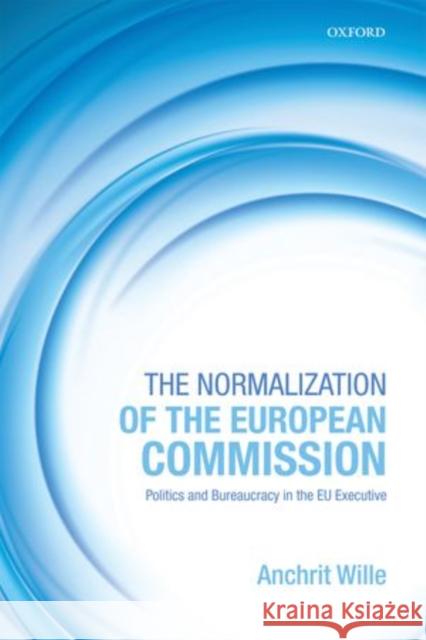The Normalization of the European Commission: Politics and Bureaucracy in the Eu Executive » książka
The Normalization of the European Commission: Politics and Bureaucracy in the Eu Executive
ISBN-13: 9780199665693 / Angielski / Twarda / 2013 / 232 str.
The European Commission started out in the 1950s as a technocratic international organization. Today, it has acquired many of the organizational features and behavioural patterns that are highly typical of the 'normal' executives in national settings. This 'normalization' of the EU executive is due to a series of treaty reforms and internal administrative transformations that were effectuated after the demise of the Santer Commission.
Based on a large number of in-depth interviews with commissioners, heads of cabinet, and senior civil servants in the Commission, and on extensive documentary evidence, this study shows how a reinforced regime of political and administrative accountability has profoundly changed the executive relationships between politicians and bureaucrats in the Commission.
The book presents a grounded empirical portrait of life at the top in the EU, exposing the Commission's struggle to revive its legitimacy and to turn it into a more transparent, accountable, and efficient organization during the Prodi and Barroso's tenures. Officials and office-holders describe in their own words the imperatives they face and the relationships they maintain, providing readers a rare insight into the day-to-day practices in one of the world's most powerful executives.











